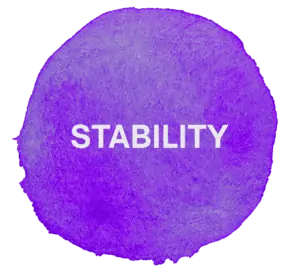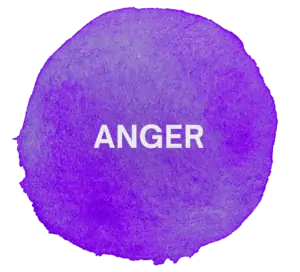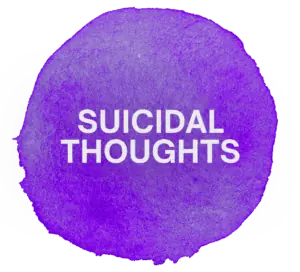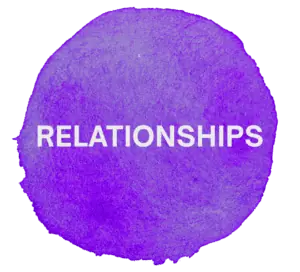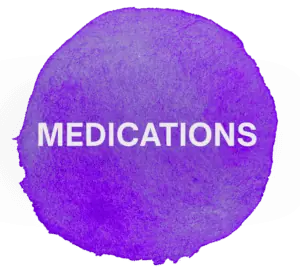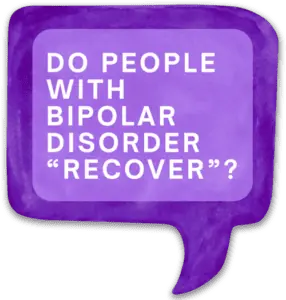

Welcome To The Person with Bipolar Disorder page
This area includes information for those with bipolar disorder and schizoaffective disorder bipolar type who want information on how to treat and manage bipolar disorder symptoms. You will find information on life with a bipolar diagnosis, help with mania, depression, anxiety, psychosis and more. This page uses the system in Julie’s book Take Charge of Bipolar Disorder. The goal is managing bipolar disorder so that you can work, go to school, have a family and enjoy your relationships. You can reach your goals and have a stable life.
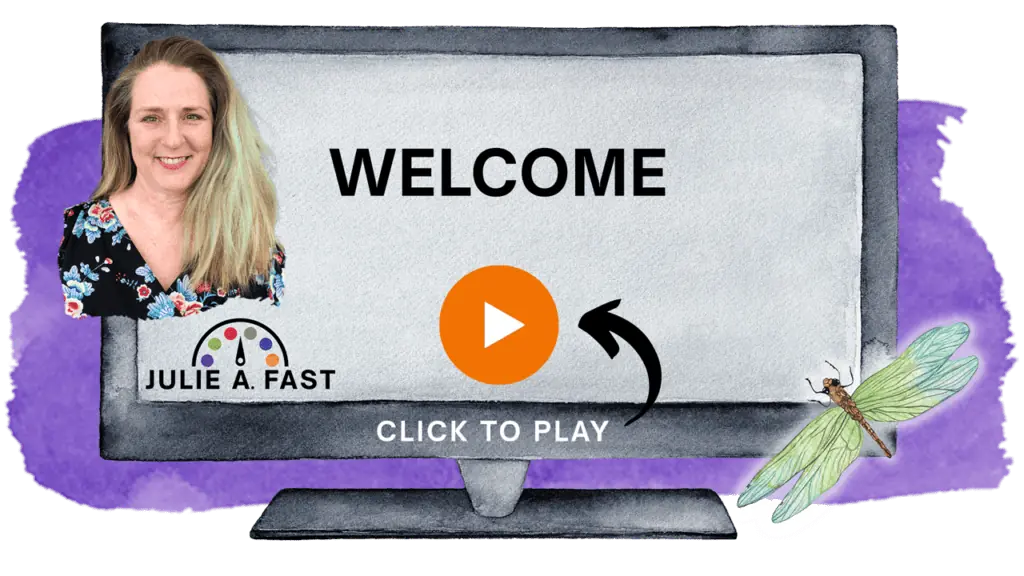


Julie's
BIPOLAR PROTOCOL FOR YOUR GOALS AND DREAMS
There is a general bipolar disorder treatment and management protocol on the homepage. The protocol below is more personal. It shares Julie’s plan for the stable life. Bipolar is an illness that affects pretty much everything. Learning to manage the illness takes time and yes, you do need to treat this medically, but what about the way bipolar affects your goals and dreams? What about your need to be in the world without getting sick? The strategies below can help.

Get a robust diagnosis
Many people with bipolar have secondary concerns that need to be addressed as well. These include separate anxiety or psychotic disorders, eating disorders, substance use and childhood trauma. These are separate from bipolar and need to be addressed in a way that promotes bipolar stability. Take Charge of Bipolar Disorder can help you figure out what is going on in your brain and body.

Address the grief, worry, fear and anger that come with this diagnosis
Bipolar is a genetic illness. You didn’t do anything to cause the illness and no one gave the illness to you. It’s part of the human condition and has been talked about in medical literature for thousands of years. But wow, it still really sucks to get this diagnosis and there needs to be a real discussion with people you trust about how you feel about this diagnosis. Accepting the bipolar diagnosis is a process. It takes time to wrap your head around your bipolar brain. Julie addresses this topic regularly on her Instagram page here.

Learn about substances that affect bipolar disorder.
Read Take Charge of Bipolar Disorder and start using the Bipolar Significant Seven strategies. Substance use including cannabis marijuana is the main trigger of bipolar episodes. Julie offers a non judgemental, realistic plan for protecting your brain.

Focus on sleep management
Sleep is nature’s medicine. It’s the number one way to manage mania and it’s free! Bipolar disorder is a circadian rhythm illness. Having a sleep management plan reduces the need for medications and this is a positive.

Study the Bipolar Conversation strategy and teach it to the people in your life.
Helping a person with bipolar is not innate. You need to teach the people in your life what to do. Let people know that they are allowed to let you know if they see bipolar symptoms. You can work on bipolar management together.

Find a healthcare professional who tells the truth
Find a professional who teaches symptom recognition and management. You can use Julie’s books together. Yes, it’s hard to find good care these days. Ask around and get on waiting lists. Keep going until you find what works for you.

Say yes to disability if it’s needed
Bipolar is an illness that affects a person’s ability to work. Disability is there for this reason. It doesn’t have to be forever, but my goodness, use it if it’s available and needed!

Write out your plan
You won’t remember what to do when the bipolar is raging. The plan needs to be in front of you in your writing when you get sick. Plan ahead for mood swings and teach yourself what to do when the first signs of an episode appear. Practice this and teach others to help you with this plan.

Research ketogenic metabolic therapy diets
Keep up on the latest research through Julie’s work on The Bipolar Belly on Instagram.

Treat Bipolar First
This is a life saving motto that helps you keep your eyes on the stability prize. Make bipolar management and prevention your main goal in life. When you Treat Bipolar First, you can avoid chaos and find peace.
How to
Use Julie's books in your life
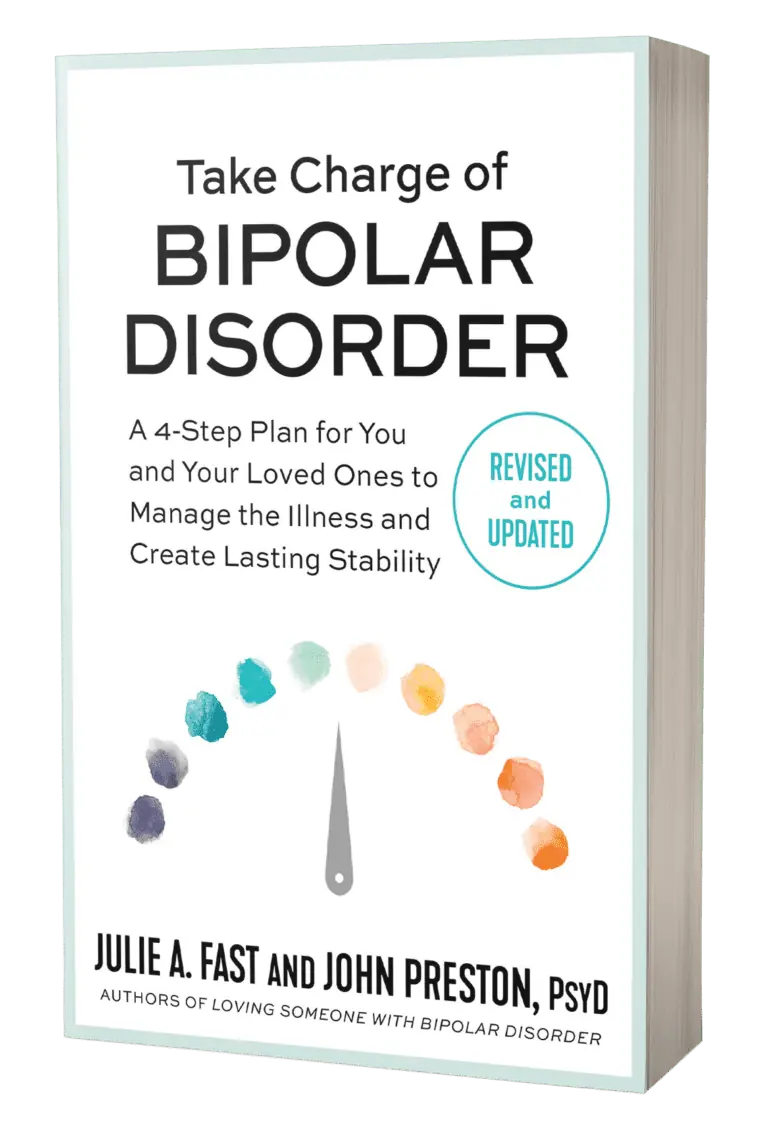
Take Charge of Bipolar Disorder
Take Charge of Bipolar Disorder teaches a management and prevention plan that has been used around the world since 2006. It was the first book to teach management skills to people with bipolar and is the gold standard for the system used by most people today. It includes the original bipolar triggers list, information on sleep and diet, communication skills, how to work with health Care professionals and Julie’s life saving Bipolar Disorder Significant Seven list on substances that affect the brain. There are caregiver sections throughout the book for those who want to help you manage the illness. The second edition shares Julie’s research into recognizing mania in the eyes, the ketogenic metabolic diet and the effects of cannabis on the bipolar brain.
Getting It Done When You’re Depressed
This practical and life changing book teaches you how to get on with your day even when movement feels impossible. The title says depression, but the book is also effective for anxiety and the attention and focus symptoms that are so common in bipolar disorder.
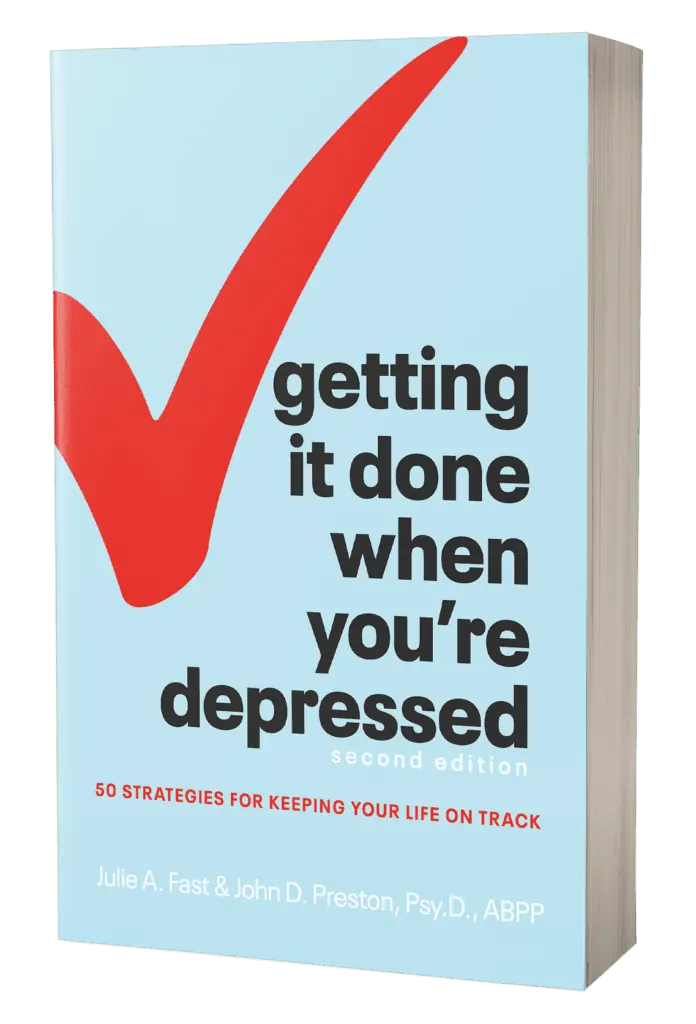
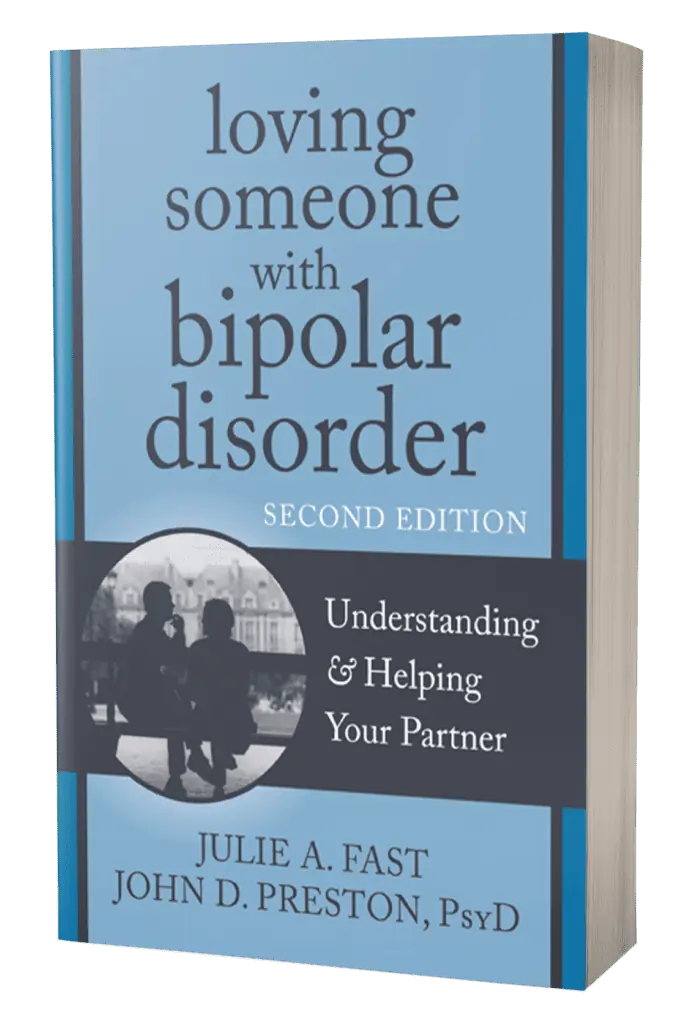
Loving Someone with Bipolar Disorder
Loving Someone with Bipolar Disorder: Understanding and Helping Your Partner helps your partner come up with a plan to help them manage how bipolar affects their lives. Bipolar doesn’t exist in a vacuum. This illness affects those around you and the best way to address this reality is to ask your partner to tell you what they need. The book helps them understand how the illness affects you and the relationship. Loving is not for the person with bipolar disorder. Instead, Julie wrote the book from the perspective of the partner. The book is based off of her partner’s illness and eventual diagnosis with bipolar disorder. She brings a perspective of the illness from both sides and teaches the reader how to create a stable and loving relationship with you. This is a hopeful and life affirming book that creates stable relationships.


Bipolar Disorder Article & Video
Resources
The homepage has many resources on bipolar disorder treatment and management while Take Charge of Bipolar Disorder has a plan you can use daily to find some brain peace. The help on this page focuses on your personal experience with bipolar disorder in terms of work and school, relationships and creating a stable life. If you’re unsure about the bipolar diagnosis, here’s an article to get you started.
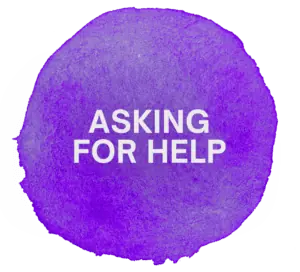
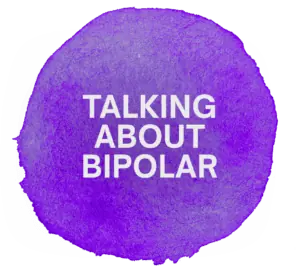
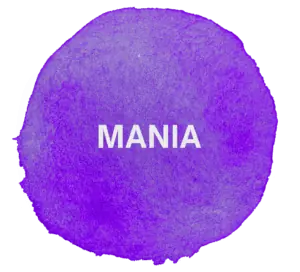
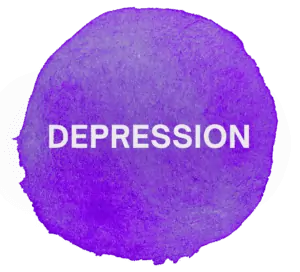
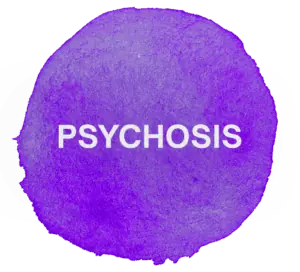
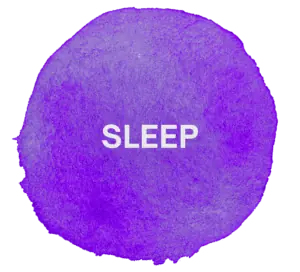
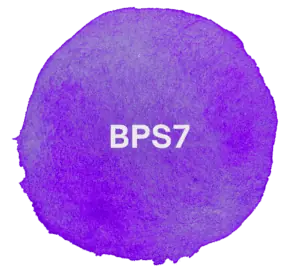

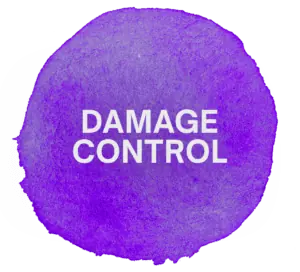

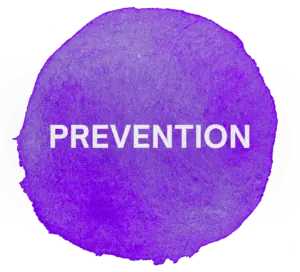

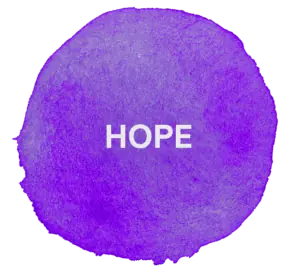
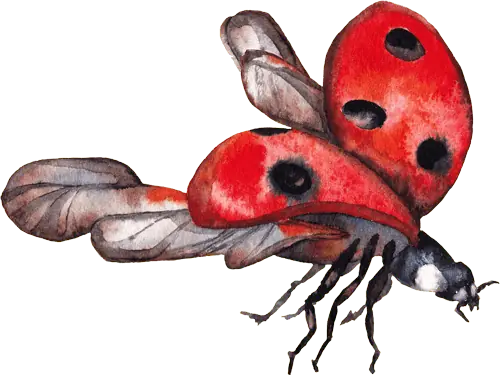
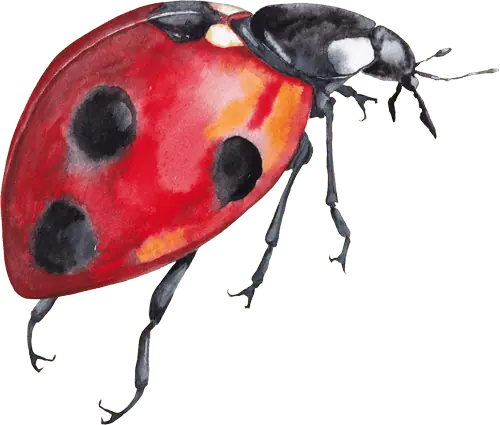

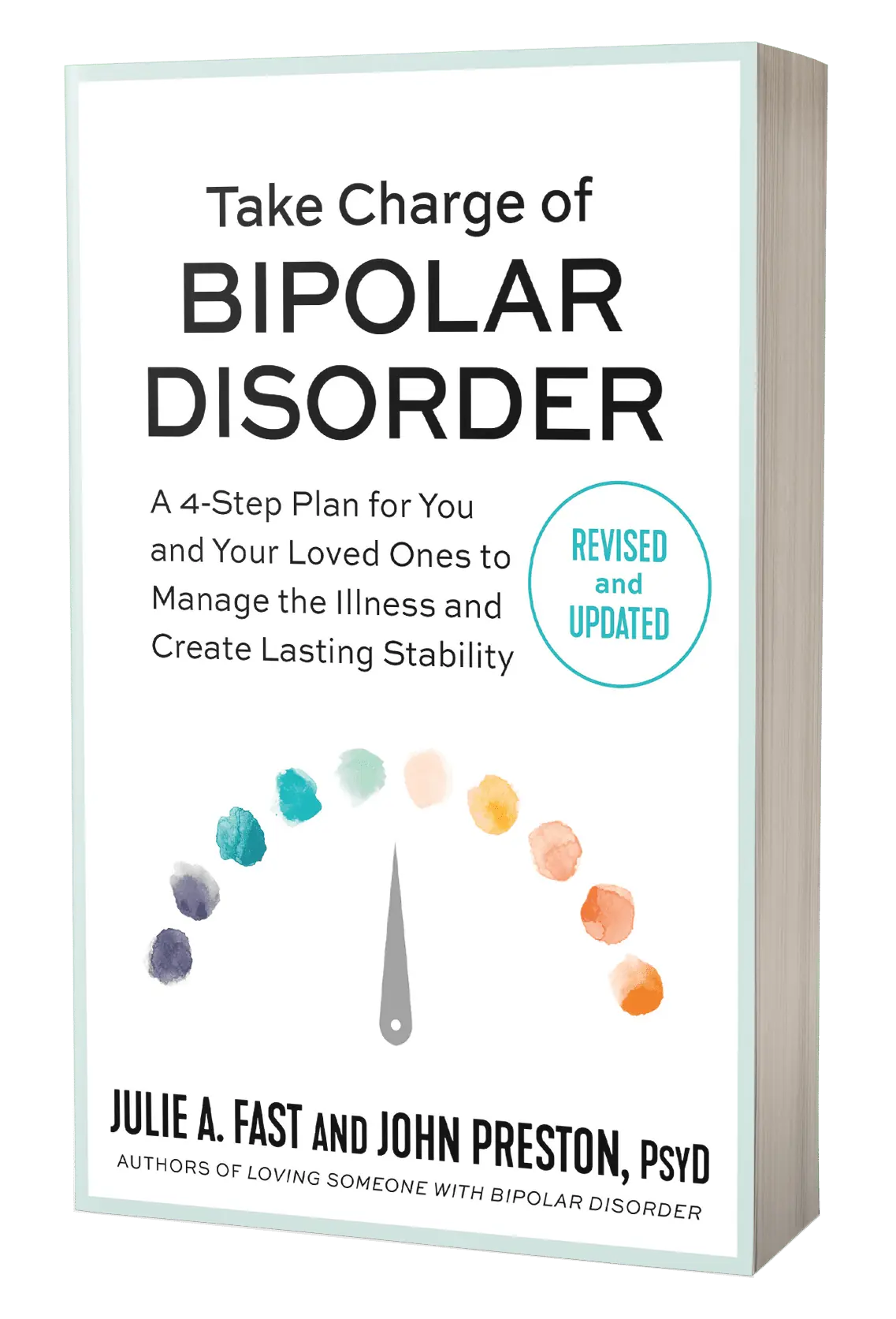
Take Charge of Bipolar Disorder
Start with the Bipolar Significant Seven (BPS7) chapter in Take Charge of Bipolar Disorder and figure out your opinion and stance on the substances that affect the bipolar brain.
Take Charge of Bipolar Disorder works to help you figure out how to recognize and manage the symptoms of bipolar disorder or schizoaffective disorder. The following is an excerpt from the Bipolar Significant Seven chapter where I share my list of the seven substances that can negatively affect the bipolar brain. This includes the reason cannabis marijuana is such a difficult substance for those with bipolar to manage.
Here are the substances you will learn about in the book. It’s life changing information and is based off of my work with many tens of thousands of people around the world who have shared their stories while we work together as well as my own experience as a person with bipolar disorder and a psychotic disorder. You can also use this list to help a loved one prevent mood swings and ultimately teach it to any family member who is genetically predisposed to developing bipolar disorder.

Stimulants
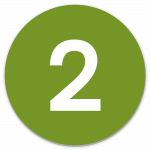
Sex and reproductive hormones
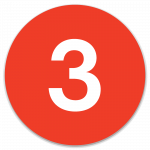
Steroids
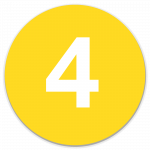
Prescription medications
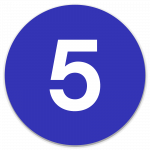
Hallucinogens
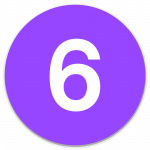
Supplements
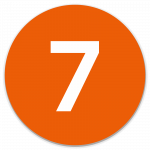
Social drugs
Take Charge of Bipolar Disorder also includes a window into what it’s like to live with the illness. It shares the management and communication system Julie created over 25 years ago that is now used by millions of people around the world. You can use this plan to create the life you want.
EXCERPT FROM TAKE CHARGE OF BIPOLAR DISORDER
Good Intentions, Bipolar Results
It’s essential that you become a bipolar brain detective who investigates anything you put in and on your body to check for bipolar disorder safety. This is one of the most natural and inexpensive ways to prevent mood swings. You can be kind to yourself for being human and wanting to use substances to feel better and at the same time focus on finding relief in a way that doesn’t make your bipolar disorder worse. Your good intentions don’t have to create bipolar disorder results. You can address your very human needs in a way that maintains stability. Here are the categories in The Bipolar Significant Seven:
1. Stimulants
2. Hormones
3. Steroids
4. Prescribed Medications
5. Hallucinogenics
6. Supplements
7. Social drugs
The vast majority of the items in these categories have legitimate uses. The list is educational and intended for you, your loved ones, and your health care team to explore together. The substances on The Bipolar Significant Seven affect the neurotransmitters that affect the bipolar brain including serotonin, dopamine, norepinephrine, GABA, and acetylcholine. Once you have the information on how a substance might affect bipolar disorder, you can make a decision on whether to avoid or use a substance with care.
You Have a Bipolar Disorder Brain
Substances on The Bipolar Significant Seven list can be natural or synthetic. Your bipolar brain doesn’t differentiate between the two. Any substance on the list whether it be naturally grown or synthetically created can affect your bipolar brain by affecting brain chemistry. Health care professionals including western-based and natural-based professionals rarely have training on how these substances affect the bipolar brain. It might be the first time they see the list as well. You can learn about it together. You will need to be discerning when reading product marketing that claims a substance is great for depression, anxiety, focus problems, pain, muscle growth, or getting better sleep. You will very likely have to carefully wade through advice about substances from well-meaning friends and family who want you to “treat bipolar disorder naturally” without understanding the sensitive nature of your bipolar brain. Accepting this sets you free to see substances as potentially helpful for you, but only after you do the research into their safety for bipolar disorder.
Under each category there is a suggestion to either avoid the substance or use the substance with caution along with a plan to manage bipolar disorder symptoms. This usually includes talking with a bipolar disorder professional for guidance. Never forget, you decide what goes in and on your body. You can approach this chapter with the spirit of discovery. No one decides this for you. When you understand how substances affect your bipolar brain, you can make bipolar safe decisions and do what works for you.

What's next?

If you need time to figure out what to do next and a book feels overwhelming, start with Julie’s Instagram page.

When you’re ready, look over Take Charge of Bipolar Disorder choose a chapter that speaks to you first. Then you can move into the whole book. Give yourself time to find what works for you.

Tell others what you need. It helps to focus on those who have offered help. This often includes healthcare professionals and others who have experience with bipolar disorder. It can take time for people to understand what you need. Teach them what works for you and check in with them about their feelings around the topic.

Give yourself time to learn about bipolar illness and come up with a plan for yourself. Base your feelings off of what you can do, not what you can’t do at this time. Focus on stability. There is no time limit in learning about bipolar. You have time to learn what works for you.

Read the Ketogenic Metabolic Therapy section in Take Charge of Bipolar Disorder. This is life changing research into a way to possibly prevent medication weight gain and ultimately prevent mood swings. Join Julie on The Bipolar Belly on Instagram for more information.

Send the links to the family or partner page to those you want to help you.

Check in with this page. Julie will regularly update the content with more bipolar disorder treatment and management strategies daily.





